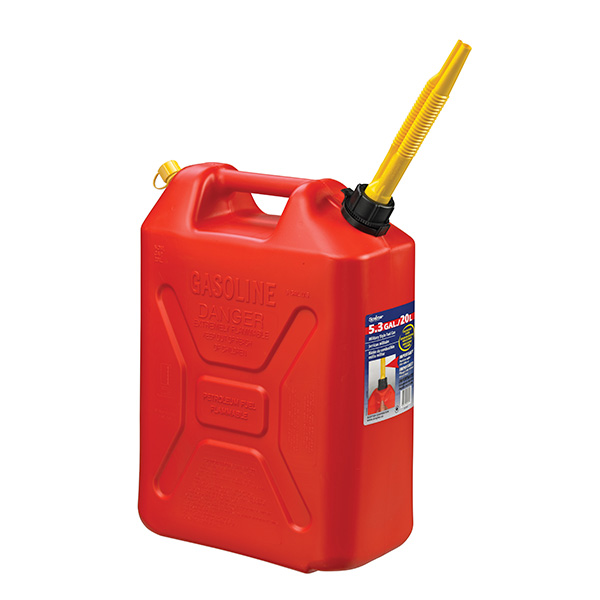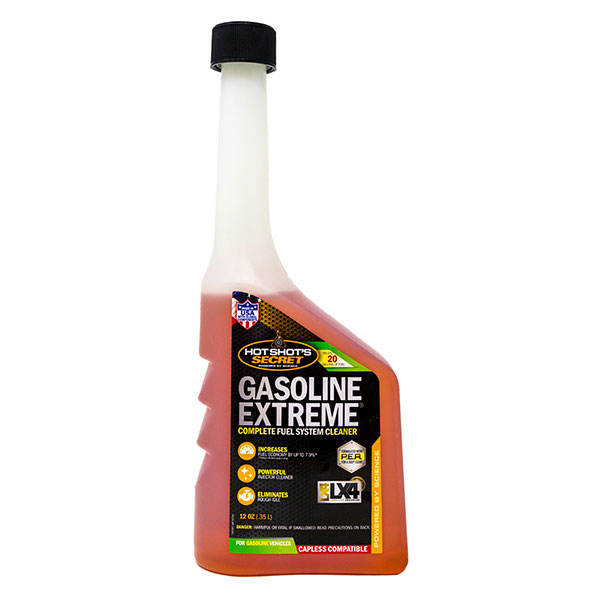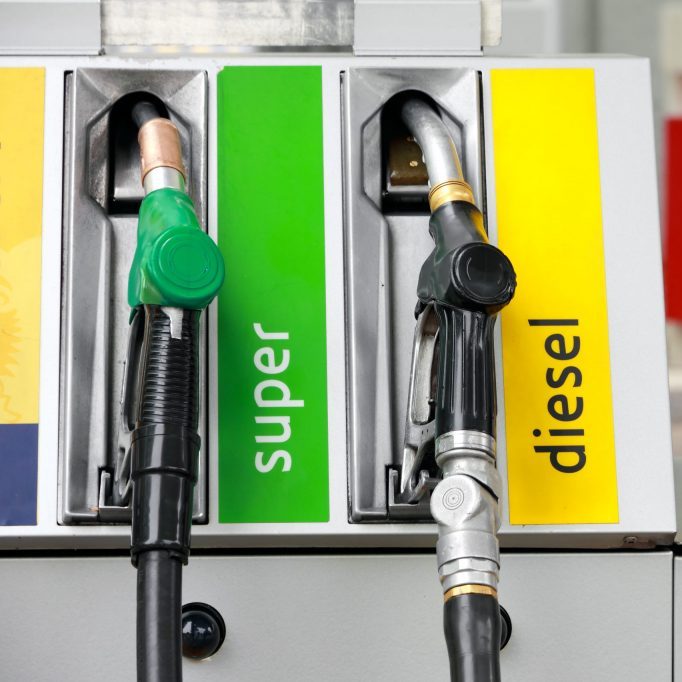Introduction: The Importance of Gasoline for Vehicle Operation
Understanding Gasoline
Gasoline is a vital fuel used in internal combustion engines. It serves as the power source for most vehicles on the road today. The type of gasoline you choose can significantly affect your vehicle’s performance, fuel efficiency, and overall longevity. Knowing the different type of gasoline helps you make informed choices for your car’s needs.
The Role of Octane Ratings
Gasoline comes in varying octane ratings. The octane rating measures a fuel’s ability to resist knocking during combustion. Higher octane fuels can withstand greater pressure before igniting. Using the proper octane fuel for your vehicle is essential for optimal performance and engine health. Understanding how these ratings work will help you choose the best fuel for your vehicle.
Factors Influencing Fuel Choice
Several factors influence the type of gasoline you should use. These include your vehicle’s engine type, the manufacturer’s recommendations, and environmental conditions. Driving habits and local fuel availability can also play a role in your fuel choices. By considering these factors, you can enhance your car’s performance and efficiency.

1. Regular Gasoline
Overview of Regular Gasoline
Regular gasoline typically has an octane rating of 87. It is the most common type of gasoline used in vehicles today. Regular gasoline is suitable for most cars and is often the most economical choice. This type of fuel provides adequate performance for standard engine designs without compromising efficiency.
Benefits of Regular Gasoline
Using regular gasoline offers several benefits. It is widely available at gas stations and usually priced lower than premium options. Additionally, most vehicles designed for regular gasoline will perform well without any noticeable loss in power or efficiency. Regular gasoline represents a practical choice for everyday driving needs.
Limitations
While regular gasoline works for many vehicles, it may not be suitable for high-performance engines. Cars designed for higher octane ratings may experience knocking or reduced performance if regular gasoline is used. Therefore, it is vital to check your vehicle’s requirements before committing to regular fuel.
2. Mid-Grade Gasoline
What is Mid-Grade Gasoline?
Mid-grade gasoline generally has an octane rating of 89. This type of fuel is a compromise between regular and premium options. Many drivers choose mid-grade gasoline for its balance between performance and cost. It is often recommended for vehicles that benefit from slightly higher octane levels.
Benefits of Mid-Grade Gasoline
Mid-grade gasoline can improve performance in vehicles that require a bit more power. Drivers may notice smoother acceleration and reduced knocking under heavy loads. Additionally, mid-grade fuel can lead to better engine efficiency compared to lower octane options. This makes it a wise choice for drivers seeking both economy and performance.
When to Use Mid-Grade Gasoline
If your vehicle manufacturer recommends mid-grade gasoline, it is best to follow this guideline. Using mid-grade fuel when required can ensure optimal engine performance and longevity. Regularly using mid-grade gasoline in vehicles designed for it can prevent potential engine problems.

3. Premium Gasoline
Characteristics of Premium Gasoline
Premium gasoline typically has an octane rating of 91 or higher. It is formulated for high-performance vehicles and engines requiring premium fuel. This type of gasoline provides exceptional power and performance. Many luxury brands and sports cars recommend premium gasoline for optimal operation.
Advantages of Premium Gasoline
Using premium gasoline can lead to significant performance gains in the right vehicles. The higher octane rating allows for increased compression, improving engine efficiency and responsiveness. Additionally, premium fuels often contain detergents that help keep the engine clean, contributing to long-term engine health.
Considerations for Use
While premium gasoline offers benefits for specific vehicles, it is usually more expensive. Therefore, drivers of standard vehicles may not see the same performance improvements. Always consult your owner’s manual to determine if premium unleaded gasoline is necessary for your vehicle.
4. E85 Ethanol
Introduction to E85 Ethanol
E85 is a fuel blend composed of 85% ethanol and 15% gasoline. It is an alternative fuel option that reduces environmental impact. E85 is popular among those looking to decrease fossil fuel consumption and lower greenhouse gas emissions. Vehicles specifically designed for E85 use can benefit from this renewable energy source.
Benefits of Using E85
E85 typically has a higher octane rating than regular gasoline, providing better performance in certain engines. Notably, it burns cleaner and may lead to reduced emissions. Additionally, using E85 can help support agricultural economies by creating a market for corn and other biofuel crops.
Limitations and Compatibility
Not all vehicles are compatible with E85. Owners must check if their cars are “flex-fuel” capable to ensure compatibility. Using E85 in standard gasoline vehicles can lead to engine damage. Additionally, E85 can result in reduced fuel efficiency, meaning that drivers may experience fewer miles per gallon compared to traditional gasoline.

5. Diesel Fuel
Understanding Diesel Fuel
Diesel fuel is an entirely different type of fuel compared to gasoline. It is used in diesel engines, which operate differently from gasoline engines. Diesel engines compress air and introduce fuel into the combustion chamber, resulting in more efficient energy conversion. Trucks, buses, and many heavy-duty vehicles primarily use diesel fuel.
Advantages of Diesel Fuel
One of the primary benefits of diesel fuel is its energy density. Diesel engines often achieve better fuel economy than gasoline engines, providing more torque for towing and hauling heavy loads. Additionally, diesel fuel tends to produce lower carbon dioxide emissions than gasoline, making it a more environmentally friendly choice.
Considerations for Diesel Use
While diesel engines often provide superior performance and efficiency, they can be more costly to maintain. Diesel fuel can also be more expensive than gasoline in some regions. Understanding the implications of diesel fuel use is essential for vehicle owners deciding between gasoline and diesel-powered vehicles.
6. Gasoline With Additives
What Are Gasoline Additives?
Many gasoline formulations include additives designed to enhance performance and efficiency. These additives can include detergents, anti-knock agents, and stabilizers. They aim to improve combustion, remove deposits, and prevent engine knocking.
Benefits of Using Additive-Enriched Gasoline
Gasoline with additives can lead to cleaner engines and better overall performance. The detergents help remove carbon deposits that can accumulate over time, ensuring efficient fuel combustion. Using additive-enriched gasoline may reduce emissions and improve the vehicle’s responsiveness during operation.
Choosing the Right Fuel
Many major fuel brands offer gasoline with specific additive formulations. It’s wise to assess your vehicle’s needs and consider using brands known for their high-quality fuel. Understand and check the performance claims of various fuel types to determine the best options for your vehicle.
7. Recreational Vehicle (RV) Gasoline
Understanding RV Gasoline
Gasoline for recreational vehicles is formulated specifically for larger engines typically found in RVs. This gasoline may include a blend of additives to accommodate the demands of heavier vehicles and extended driving times. RV gasoline helps optimize performance when traveling long distances or navigating various terrains.
Benefits of RV Gasoline
Using RV gasoline can lead to improved fuel efficiency and performance, particularly in larger engines. Additionally, this type of fuel often contains additives that help mitigate the wear and tear on components associated with heavier loads. For those who regularly take long road trips, using specialized RV gasoline will ensure a smoother journey.
Considerations for Choosing Fuel
While RV gasoline can enhance performance, it is essential to ensure compatibility with your specific vehicle. Some RV owners may choose to use regular gasoline, while others may opt for specialized formulations. Always consult your owner’s manual to ensure that you are using the appropriate fuel for your RV model.

8. Racing Gasoline
Overview of Racing Gasoline
Racing gasoline comes in various formulations, tailored specifically for high-performance racing vehicles. This fuel generally has higher octane ratings, often exceeding 100. Racing gasoline is designed to maximize speed and acceleration during competitive racing situations.
Advantages of Racing Gasoline
The primary benefit of using racing gasoline is its ability to deliver exceptional performance under extreme conditions. The higher octane ratings prevent engine knocking, allowing for advanced engine tuning. Additionally, racing gasoline often contains specialized additives that improve combustibility and power output.
Considerations for Usage
Racing gasoline is not suitable for standard street vehicles. Its price is significantly higher than regular gasoline, making it impractical for everyday use. Only vehicles specifically designed for high-performance racing should utilize this type of fuel. For regular driving, always opt for the fuel recommended by the vehicle manufacturer.
9. Aromatic Gasoline
What is Aromatic Gasoline?
Aromatic gasoline is a specialized fuel that contains higher levels of aromatic hydrocarbons. These compounds tend to improve engine performance and increase octane ratings. Aromatic gasoline is often used in high-performance environments but can also be found in specific blends for street use.
Benefits of Aromatic Gasoline
Using aromatic gasoline can enhance combustion efficiency and reduce exhaust emissions. This fuel type often provides better performance than traditional grades, making it suitable for certain vehicles. In specific applications, automotive enthusiasts may prefer aromatic gasoline for its performance-enhancing qualities.
Compatibility Considerations
Before choosing aromatic gasoline, ensure that your vehicle is compatible. Not all engines are designed to run on higher aromatic fuels, and using them in the wrong vehicle can lead to problems. Consulting your owner’s manual will provide insight into whether aromatic gasoline is suitable for your car.
10. Oxygenated Fuels
Introduction to Oxygenated Fuels
Oxygenated fuels are designed to include additional oxygenates, such as ethanol or methanol. These fuels aim to improve combustion quality and reduce emissions. Many regions implement oxygenated fuels during certain times of the year, especially in urban areas, to combat air pollution.
Benefits of Oxygenated Fuels
Using oxygenated fuels can lead to improved air quality and reduced greenhouse gas emissions. By enhancing combustion, these fuels can contribute to better fuel efficiency and overall engine performance. Many drivers find that oxygenated fuels help improve cold-start performance, especially in colder climates.
Usage and Availability
While oxygenated fuels offer benefits, availability can vary by region. Regulatory changes often dictate the use of these fuels in certain areas, particularly during winter months. Always check local fuel regulations and available fuel types when selecting gasoline for your vehicle.

11. Synthetic Fuel
Understanding Synthetic Fuel
Synthetic fuel is man-made gasoline created using alternative processes, such as Fischer-Tropsch synthesis. This fuel type is designed to provide better efficiency and lower emissions compared to traditional gasoline. Synthetic fuels can offer increased stability and longer storage life.
Advantages of Synthetic Fuel
Using synthetic fuel can enhance engine performance and contribute to environmentally friendly driving. Many synthetic fuel formulations contain fewer impurities, leading to cleaner combustion. Additionally, synthetic fuels can be tailored to meet specific performance criteria, making them ideal for certain types of engines.
Considerations for Usage
While synthetic fuel is promising, it may not be available at all gas stations. Therefore, drivers seeking to use synthetic fuel should check for local availability. Furthermore, confirm compatibility with your vehicle’s engine to ensure optimal performance.
Conclusion: Choosing the Right Gasoline for Your Vehicle
Making Informed Choices
Choosing the correct type of gasoline is essential for optimal vehicle performance. Understanding the different types of gasoline and their characteristics helps you select the right fuel for your vehicle. Consider factors such as octane ratings, your vehicle’s requirements, and environmental conditions.
Regular Maintenance
In addition to using the right gasoline, regular vehicle maintenance is essential. Ensuring that your engine and fuel system function properly will contribute to overall performance. Periodic checks on fuel filters, injectors, and other components can prolong your vehicle’s lifespan.
Empowering Yourself as a Driver
As a knowledgeable driver, staying informed about your fuel options empowers you to make better decisions. Understanding the types of gasoline for fuel efficiency can lead to improved vehicle performance and enhanced safety on the road. By investing time in learning about gasoline, you contribute positively to your driving experience and vehicle health.

Leave a Reply